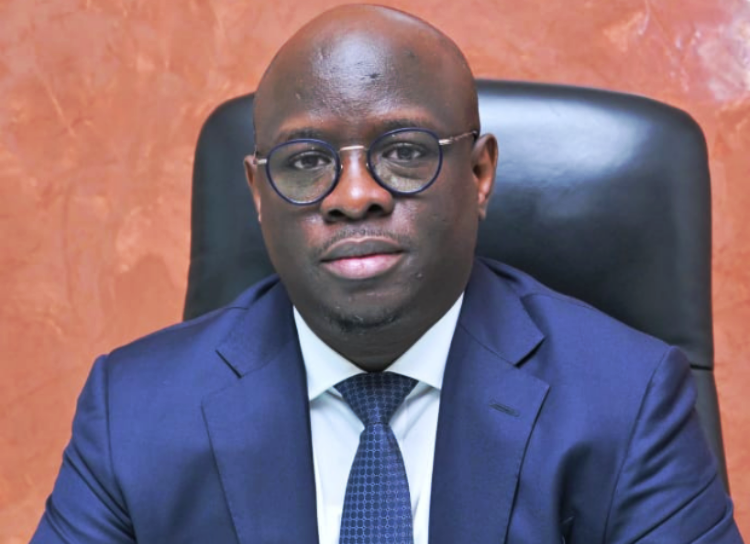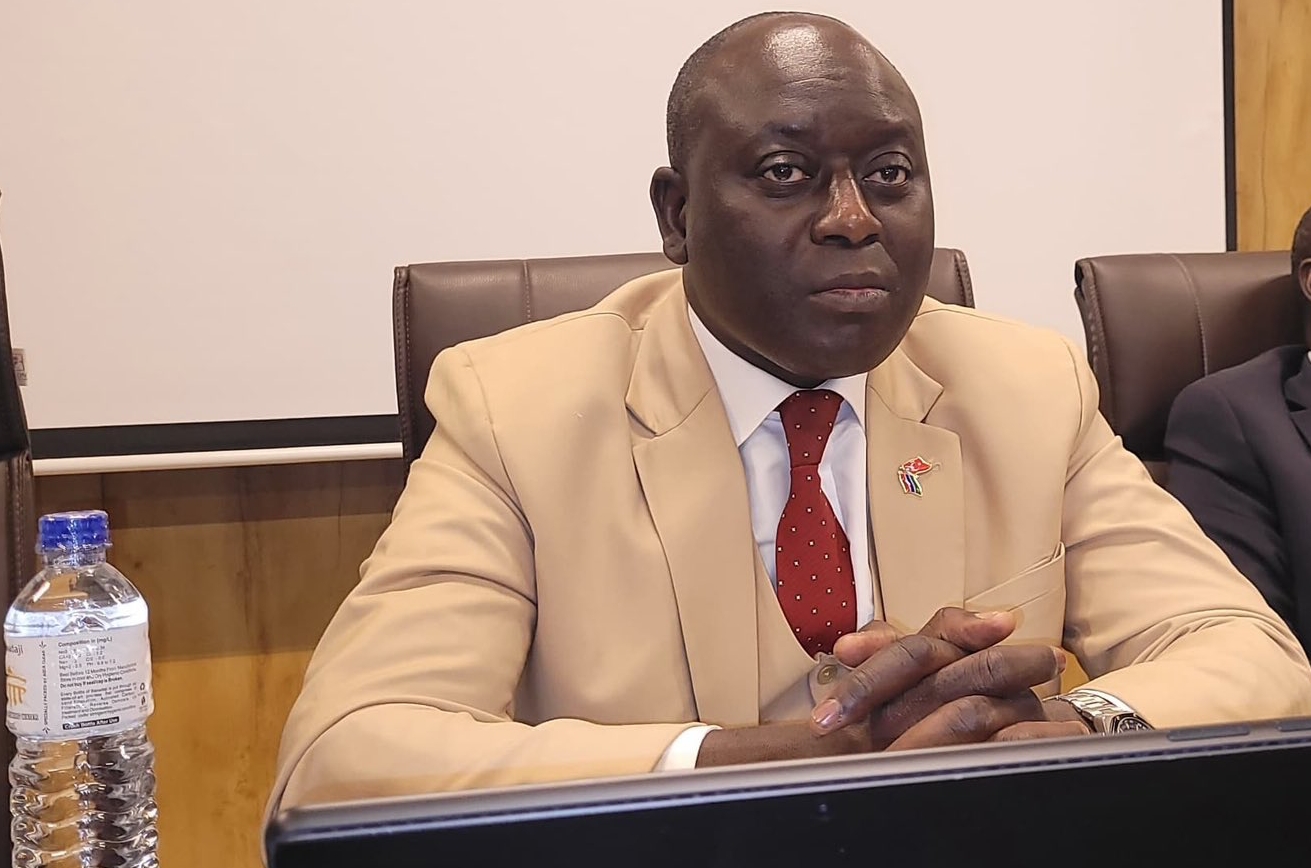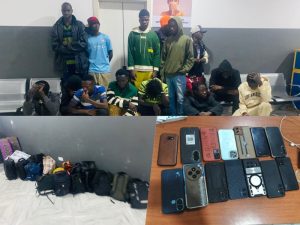Gambiaj.com – (BANJUL, The Gambia) – The National Assembly of The Gambia on Tuesday held a heated session during which the Minister of Transport, Works and Infrastructure Ebrima Sillah, responded to findings from the Foreign Affairs Select Committee’s oversight visit to the Gambian Embassy in Guinea-Bissau, revealing serious flaws in the chancery building project dating back to 2008.
The session was chaired pro tempore by Minority Leader Hon. Alhagie S. Darboe, who assumed the Speaker’s role after the Speaker temporarily stepped aside due to exigencies of duty.
The minister’s appearance came in response to a parliamentary resolution requiring a detailed reply from the executive on the findings of the committee’s April 2024 mission, which exposed grave concerns about the ownership, structural integrity, and procurement process of the Bissau chancery.
According to the Minister, the government of Guinea-Bissau had allocated a 5,740 square meter plot in Bairro de Mentaro to the Gambian government in 2008 under a reciprocal diplomatic arrangement. However, no official documentation or title deed verifying the ownership of the land by The Gambia could be found to date.
The construction contract, valued at over CFA 125 million (approximately D11 million), was awarded to a Bissau-based contractor and consultant—reportedly without any competitive bidding or involvement of the Ministry of Works, which is mandated by law to oversee structural projects for government buildings.
“This building is now unfit for purpose,” the minister told lawmakers. “It will cost more to rehabilitate than to demolish and rebuild. We fully support the recommendation of the committee to demolish the structure and start anew.”
He also disclosed that his ministry had not been involved in the project until it was invited last year by the National Assembly to assess the building’s condition.
Upon review, the Ministry found no records of performance certificates, due diligence assessments, or evidence that quality assurance mechanisms were in place when the project was executed.
The report further recommends that all future chancery construction projects must involve a technical committee that includes representatives from the Ministries of Works, Finance, and Foreign Affairs, and the Office of the President to ensure value for money and proper oversight.
Several lawmakers took turns questioning the Minister, expressing frustration over the lack of documentation and oversight in the Bissau project.
Central Badibou MP Hon. Sulayman Saho questioned how such a substantial investment could proceed without verifying land ownership or vetting the contractor’s competence.
“Is it wise to spend millions on a building on land whose ownership you cannot prove?” asked Hon. Saho.
Kiang West MP Hon. Lamin Ceesay pressed the Minister on accountability for public servants involved in the project, saying: “Who will be held responsible for the waste of public funds?”
In response, the Minister said those questions should be directed to the Minister of Foreign Affairs, whose ministry was primarily responsible for the project. He emphasized that the Works Ministry only got involved after the National Assembly raised concerns.
Hon. Fatou Cham of Serekunda, a member of the oversight committee, reminded the Assembly that the Ministry of Foreign Affairs had possession of certain documents, including a diplomatic agreement. However, she and the Minister agreed that the specific title deed for the land remains unaccounted for.
On the legal front, the Minister admitted uncertainty regarding whether any legal action could be taken against the now-unknown contractor or consultant in Bissau, citing the lack of records and unclear legal framework in the host country.
The session concluded with lawmakers urging stronger inter-ministerial collaboration and improved accountability mechanisms for overseas missions. The Minister of Foreign Affairs is expected to appear before the Assembly upon his return to provide responses on matters directly under his portfolio.










